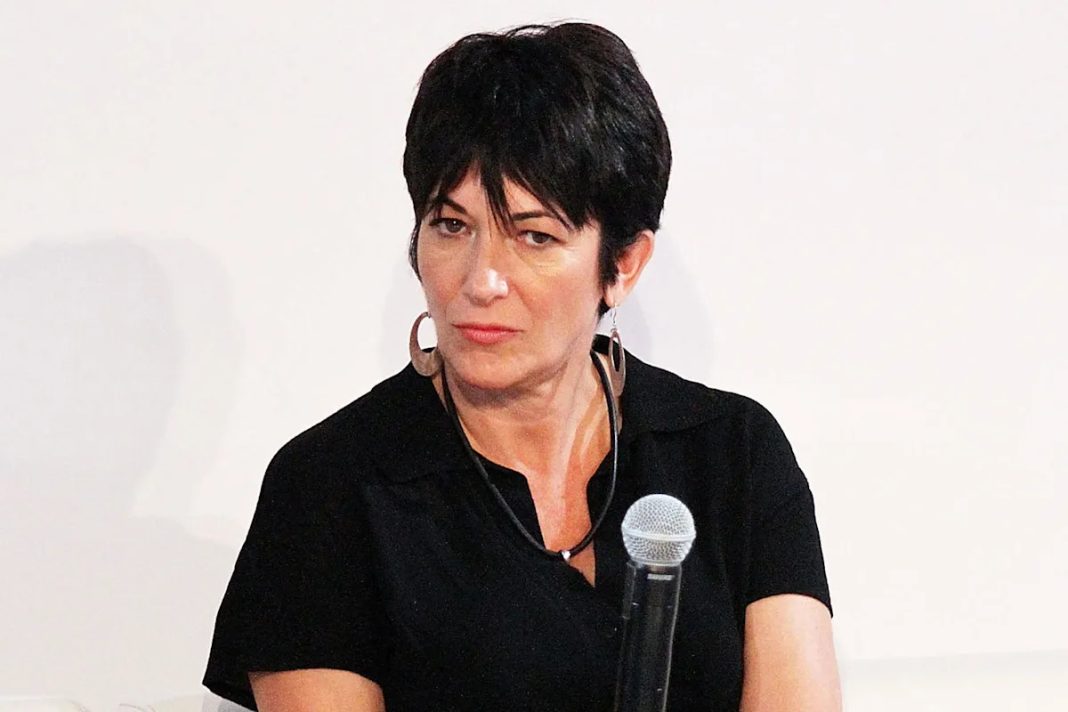Whether and when Ghislaine Maxwell testifies to Congress depends, in part, on the Supreme Court. That’s especially so after U.S. House Oversight Chairman James Comer, R-Ky., agreed Friday to delay Maxwell’s deposition until the justices decide whether they’re going to take up her appeal.
Comer and the committee had subpoenaed Maxwell for a deposition in prison August 11. But lawyers for the convicted Jeffrey Epstein associate replied with a list of conditions, including that they wanted to wait until the Supreme Court resolved her pending appeal. The high court then announced that it will consider Maxwell’s petition at its private conference on September 29, when the justices return from summer break. Comer said in Friday’s letter that the committee will delay her deposition until after the Supreme Court acts.
That puts greater weight on the justices’ impending decision, which could be announced in the days following the conference. There is, however, no set deadline for the justices to decide. It takes four justices to grant review of an appeal, and they decline to review most of the thousands they receive annually.
If the justices grant review of Maxwell’s appeal, then they could hear argument in the case by sometime in April (when they typically wrap up the term’s hearings) and then issue a ruling by late June (when they typically wrap up the term’s decisions).
Maxwell’s petition revolves around the highly unusual deal that Epstein reached with prosecutors in Florida that barred the prosecution of his co-conspirators. Maxwell argues that the agreement should’ve barred her New York prosecution. DOJ’s opposition, filed on July 14, predated the Trump administration’s more recent Maxwell-related moves, including her highly unusual prison transfer last week.
Of course, the court could take Maxwell’s appeal and then rule against her. But if the justices take the case and rule in her favor, then a ruling that reads the Epstein agreement broadly could hamper any efforts to prosecute other Epstein conspirators. He died in 2019, in what the medical examiner called a suicide, while being held on sex trafficking charges in New York. Maxwell was subsequently convicted of conspiring with Epstein to sexually abuse minors and sentenced to 20 years.
At least two other factors could make the Supreme Court’s role less immediately pivotal to Maxwell’s potential congressional testimony.
The first is that even if the justices quickly deny review, her lawyers also told the committee that they would file a habeas corpus petition for her release — a pending move her lawyers cited as an additional reason to delay her deposition. Comer’s letter Friday didn’t directly address that aspect.
The second factor would be if President Donald Trump grants Maxwell clemency, which he has not ruled out and which her lawyers have said would eliminate barriers to her testimony.
Legally, the president can grant clemency at any time. The political case for him doing so here is unclear, because Maxwell’s reemergence comes as Trump faces unusual backlash from his supporters for his administration’s failure to release all of the information it has related to Epstein. Granting a benefit to the woman at the center of the conspiracy while people still have questions about Trump’s own relationship with Epstein would seem to raise additional questions without answering the ones that caused the latest political issue in the first place.
But Deputy Attorney General Todd Blanche (previously Trump’s personal defense lawyer) met with Maxwell while she was incarcerated in a Florida prison. After that meeting, the government moved Maxwell to that Texas facility with the federal prison system’s lowest security level, in yet another unusual move in the Epstein affair.
The administration hasn’t provided an official explanation for why it gave this apparent benefit to Maxwell. It could signal further maneuverings ahead that might change the landscape between now and the Supreme Court’s September 29 conference date. But if the status quo holds, then all eyes will be on the high court in late September.
Subscribe to the Deadline: Legal Newsletter for expert analysis on the top legal stories of the week, including updates from the Supreme Court and developments in the Trump administration’s legal cases.
This article was originally published on MSNBC.com

